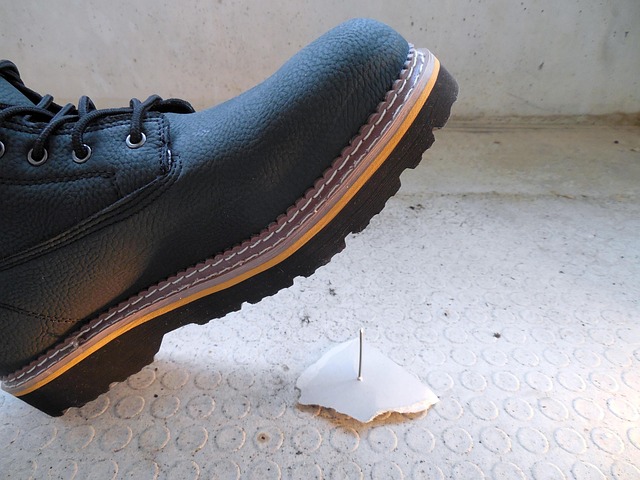Inadequate medical documentation can severely undermine a work injury settlement claim. Comprehensive records are vital to prove injury severity, causation, and required treatments, especially in complex claims where insurers dispute liability. Missing or incomplete paperwork weakens the case, potentially leading to lower settlement offers or claim rejection. To maximize settlement potential, individuals with work injuries must promptly and accurately complete all necessary medical and legal documentation.
Many victims of work injuries, eager to secure compensation, fall into common pitfalls that devalue their claims. This article shines a light on three significant mistakes: inadequate medical documentation, underestimating the severity of injuries and pain, and failing to consult legal experts. By understanding these errors, workers can navigate the complex process more effectively. We’ll explore strategies for maintaining detailed records, quantifying pain and suffering, and ensuring optimal legal representation to maximize your work injury settlement.
- Lack of Medical Documentation and Records
- – The importance of complete and detailed medical records
- – How missing or incomplete documentation can hinder claims
Lack of Medical Documentation and Records

One of the most common mistakes that can significantly lower a work injury settlement value is inadequate or lacking medical documentation and records. When a workplace accident occurs, it’s crucial to ensure all medical treatments, diagnoses, and procedures are properly documented. This includes visit logs, prescription records, test results, and any other relevant paperwork from healthcare providers. Without comprehensive medical records, it becomes challenging for insurance adjusters and courts to assess the severity of the injuries, which can result in a reduced settlement offer.
In cases of severe or life-threatening injuries, such as those resulting from auto accident injuries or even wrongful death, having detailed medical documentation is paramount. An auto accident lawyer will emphasize the importance of these records in building a strong case and securing fair compensation. Insurers often use gaps in medical history as a way to dispute liability or minimize damages, so ensuring that all records are complete and accessible is an essential step in navigating the claims process successfully.
– The importance of complete and detailed medical records

Maintaining complete and detailed medical records is paramount when pursuing a work injury settlement. These records serve as irrefutable evidence of your injuries, their severity, and the treatments required to heal. Without them, your claim’s value could be significantly diminished. Insist on thorough documentation from the outset—record every visit, test, prescription, and procedure related to your injury. This includes not just hospital visits but also any follow-up appointments with specialists or physical therapists. The more comprehensive these records, the stronger your case for a fair work injury settlement.
Moreover, these detailed medical documents can help establish causation—proving that the accident directly led to your injuries. This is crucial when navigating complex claims like personal injury or property damage claims, where insurers often dispute liability. Having a robust medical history can provide a clear timeline of events and their consequences, reinforcing your (or your representative’s) argument for adequate accident compensation.
– How missing or incomplete documentation can hinder claims

Missing or incomplete documentation is a significant obstacle for individuals seeking work injury settlements. In the complex process of filing claims, every detail matters. When relevant medical records, employment history, or incident reports are absent or inadequately filled out, it weakens the claim’s strength. Insurance companies often rely on comprehensive documentation to assess the validity and severity of injuries, and without it, claimants may find their settlement offers significantly lower than expected. This gap in evidence can lead to prolonged negotiations or even rejection of the claim.
In legal terms, this can be likened to a partnership dispute where missing records hinder clear communication and understanding between the claimant and their legal representation. In business litigation, every document is a piece of the puzzle, and an incomplete one could result in an unfavorable outcome. Therefore, it’s crucial for individuals dealing with work-related injuries to ensure all necessary paperwork is completed accurately and promptly to maximize their settlement potential.
When pursuing a work injury settlement, thorough documentation is key. Missing or incomplete medical records can significantly hinder your claim, as they are essential for demonstrating the extent and cause of your injuries. Ensure all medical information is comprehensive and well-preserved to maximize your compensation potential.






